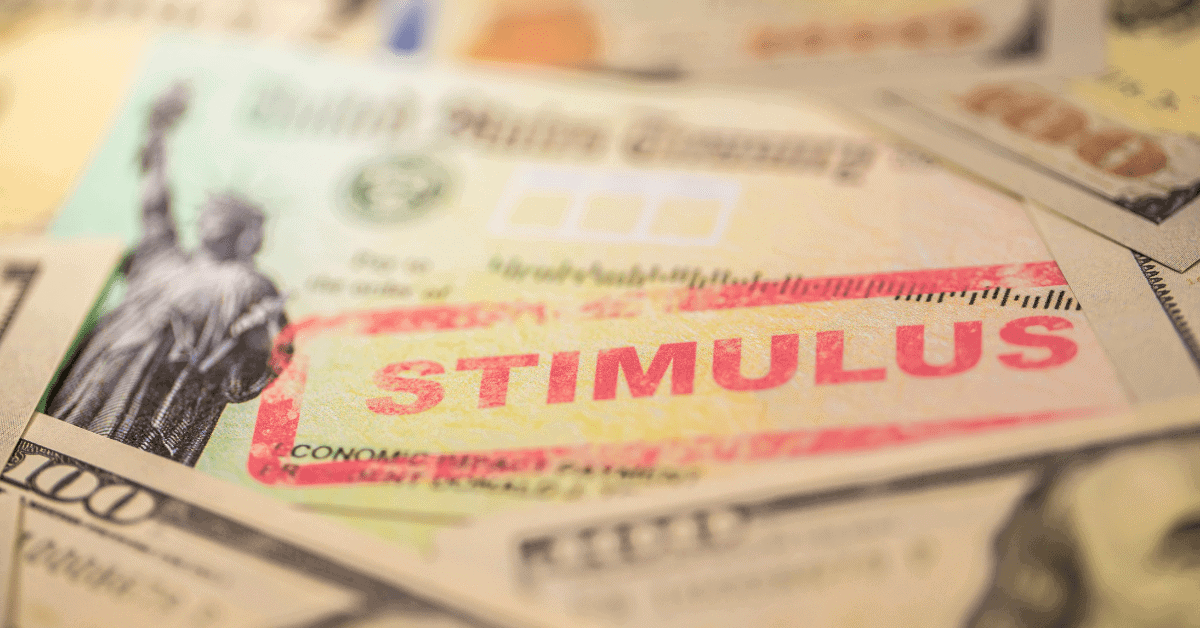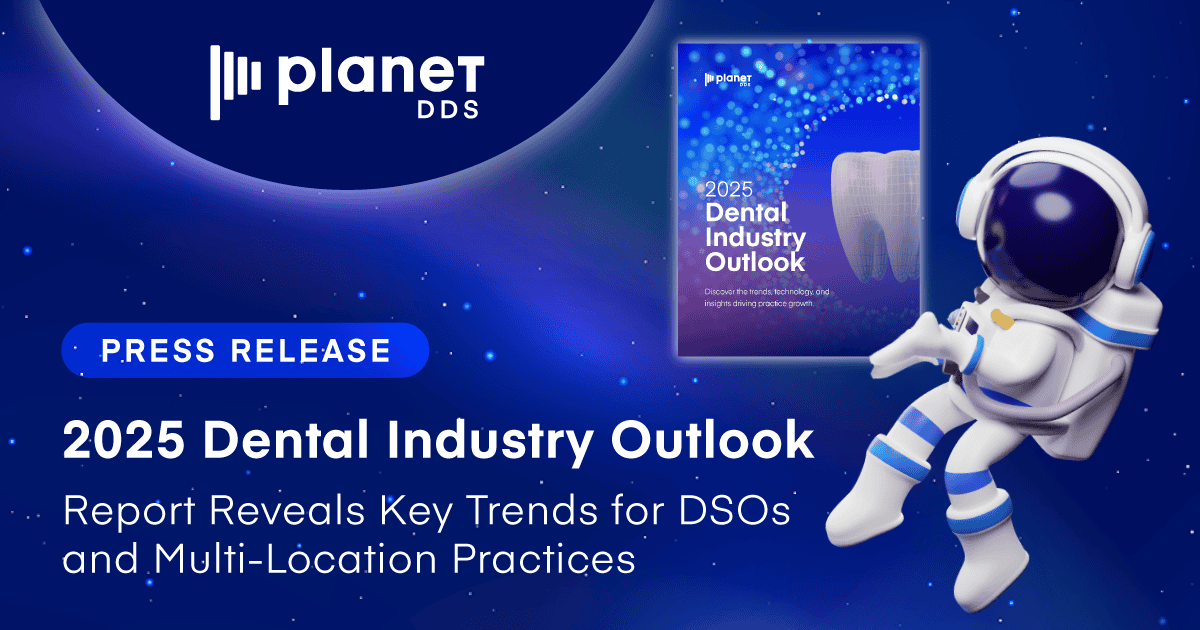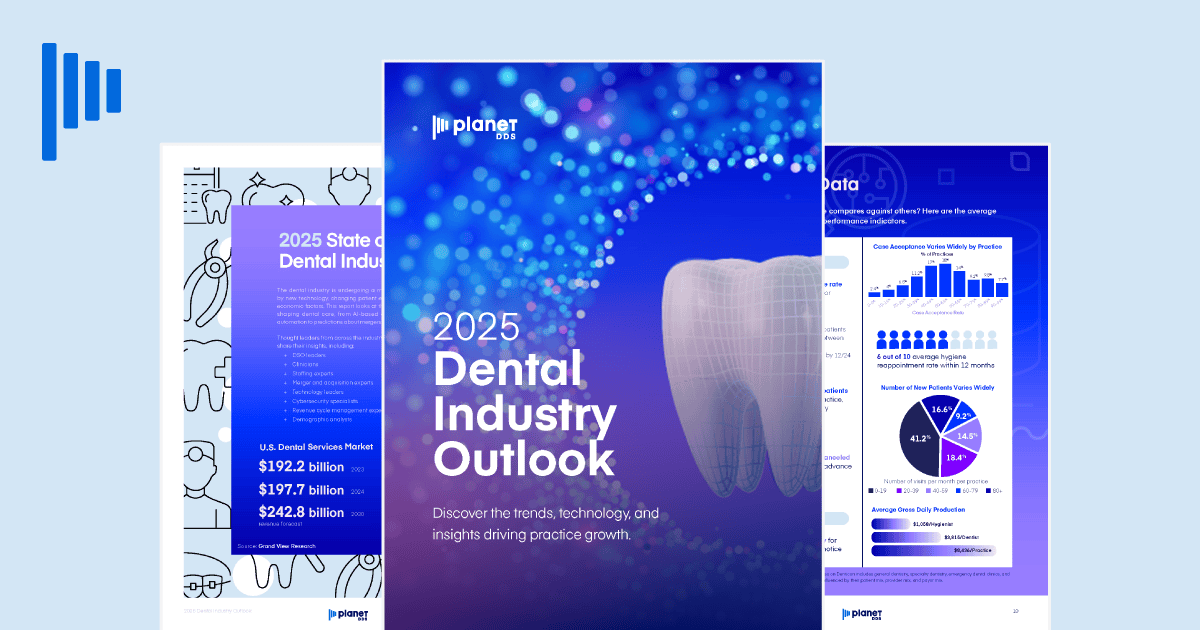The CARES Act and How the Government Stimulus Package Applies to Dentists

How many times have you wondered how you’ll get through the COVID-19 crisis? Your fear is legitimate but how the government stimulus package applies to dentists can help eliminate your anxiety.
A $2.2 trillion legislation package was approved on March 27, 2020. The financial stimulus provides necessary support for health care resources to battle COVID-19 and keep the economy afloat.
The CARES Act also provides $349 billion to the Small Business Administration. This enables them to grantees loans to small business, including medical practices and…your dental practice.
The Paycheck Provision Program (PPP) delivers 100% federally guaranteed loans to small businesses. Provisions are included to help your practice (as a small business) to keep your workers employed during an economic dip.
Let’s explore the specific details of how the government stimulus package applies to dentists.
What the stimulus package and CARES Act provides dentists and dental professionals
Overall the CARES Act portion of the stimulus helps secure your dental practice(s) from economic devastation caused by the Coronavirus pandemic. Though you’re likely to feel the financial impact for months to come the assistance provides some relief.
Package details require some clarification. And how they directly apply to you as dentist will clarify things as you access the provisions.
Following is a break-down of the key highlights as outlined by the ADA (American Dental Association).
Loan availability
Small Business Administration (SBA) loans provide you financial relief as a dentist. One specific loan is the Economic Injury Disaster Loan (EIDL).
The EIDL provides you:
- An emergency grant that extends an advance on your EIDL loan up to $10,000 – distributed by the SBA within three days of application.
- Funds to be applied to employee sick leave (COVID-19 related), mortgage or rent, and practice overhead costs.
- First-come, first-served access to the grants until the $10 million fund is depleted.
- Re-payment relief on the $10,000 grant – even if you’re denied the loan.
EIDL loan details plus other SBA loan information is available on the SBA website. Due to the potential high volume of applications you can seek additional assistance from disasterloan.sba.gov .
Tax-free debt relief
You could be eligible to have a portion of your federal small-business loans forgiven. The tax-free debt relief would cover the amounts you spent on:
- Certain payroll costs
- Sick leave
- Family leave
- Overhead costs incurred between Feb. 15 and June 6, 2020
- Debt commitments prior to Feb. 15, 2020
Relief payments on principal, interest, and related fees associated with certain SBA loans
Payment relief applies to what’s owed on qualifying loans for a six-month period – beginning on the next due date. Currently deferred loans would be allowed an additional six months of payment from the SBA – starting with the next payment.
Retirement fund withdrawals
According to the CARES Act you can withdraw money from your retirement funds (e.g. 401(k), etc). Withdrawal amounts can be up to $100,000 in 2020.
Funds withdrawn would not incur a penalty if you (the dentist), your spouse, or your dependents are diagnosed with COVID-19. Any related financial consequences associated with being quarantined, furloughed, laid-off, or a reduction in work hours due to the coronavirus pandemic would also not be penalized.
Federal student loan relief
As a borrower you would not be required to make your payments through Sept. 30, 2020. And no interest would accumulate on your federal loans during the relief period.
Note that this payment suspension only applies to loans affiliated with the Department of Education, not related private lender loans. It’s a good idea to contact your lender to verify your eligibility.
Also…
As an employed dentist who has student loan payment assistance from your employer – you will not be required to pay income tax on any payment assistance up to $5,250. This tax relief applies from the effective date of this law through Jan. 1, 2021.
Social Security tax deferment
As an employer or a self-employed person you can defer payments on the “employer” share of the required Social Security tax until Dec. 31, 2020. Amounts deferred would be paid during the following two years – 50% required by Dec. 31, 2021 and the remaining 50% by Dec. 31, 2022.
A one-time federal income tax rebate
The tax rebate is available to you and your employees in 2020. The one-time rebate provides:
- $1,200 for individual tax filers
- $2,400 for joint tax filers
A reduced rebate amount will apply to single filers who earn more than $75,000 and joint filers earning over $150,000. A per child rebate of $500 is provided for each child.
Increased emergency unemployment compensation benefits
As much as $600 per week is available to your dental practice employees if they’re laid-off. This is supplemented by each state’s unemployment insurance provisions. A federal provision will be funded for four months.
Supply “stockpile” provision
Pharmaceuticals, personal protective equipment (PPE), and other medical supplies can be purchased via a $1.6 billion appropriation to the Strategic National Stockpile. State and local agencies can distribute these with discretion during a shortage.
Stay informed about COVID-19 and how the stimulus package applies to dentists – including your dental practice(s)
As a provider of dental industry technology resources and dental practice management software we’re in this together with you as a solo private practice, private group practice, or DSO.
This resource and other COVID-19 related content – including the growing interest in Teledentistry – will help you navigate this challenging season (and beyond) as you bring your dental operations up to full-speed again.
Contact us for more information. We’re here to help you streamline your systems and operational tasks now and in the future.



